What is Automotive Engine Oil?
Automotive engine oil is a vital fluid for your vehicle’s engine. It lubricates the moving parts, reducing friction and preventing wear. It also helps cool the engine by transferring heat away from key components.
Engine oil cleans the engine by trapping dirt, metal particles, and sludge. It contains detergents that prevent build-up and corrosion. The oil also ensures proper sealing between engine parts, improving performance and efficiency.
Engine oils come in different grades and types, each serving specific engine requirements. Choosing the right automotive engine oil ensures long engine life and optimal performance.
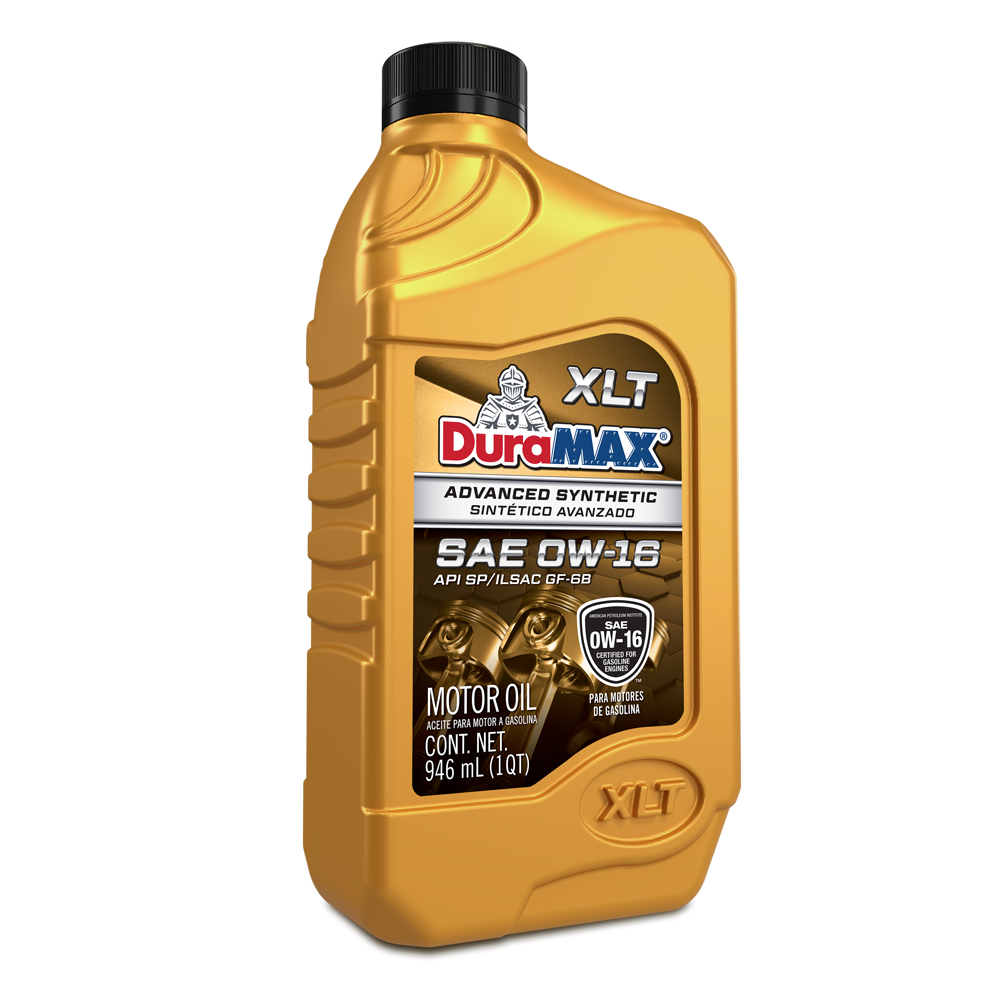
Importance of Choosing the Right Engine Oil
Choosing the right automotive engine oil is essential for your vehicle’s engine health. The correct oil helps reduce friction, preventing engine wear and tear. It ensures the engine runs smoothly and efficiently.
Using the wrong engine oil can cause serious damage. It may lead to increased friction, overheating, or sludge build-up. These problems reduce engine performance and may increase repair costs.
The right oil improves fuel efficiency. It allows the engine to work optimally without strain. Additionally, it prevents metal parts from grinding, extending the engine’s lifespan.
The proper oil also protects against extreme temperatures. It maintains its properties in both hot and cold conditions. This ensures consistent engine performance year-round.
By selecting the right oil, you also meet the warranty requirements of your vehicle. Ignoring this may void your warranty and lead to costly repairs.
Understanding your vehicle’s needs is key. Follow the manufacturer’s recommendations when selecting engine oil. This ensures your engine performs its best and lasts longer.
Types of Automotive Engine Oil
Choosing the right type of automotive engine oil is crucial for your vehicle’s performance. Different types serve unique engine needs. Below are the four main types of engine oil:
Conventional Motor Oil
Conventional motor oil is the most basic type of engine oil. It is made from refined crude oil and is suitable for light-duty vehicles. This oil works well under normal driving conditions. It is affordable but requires more frequent changes. Conventional motor oil is ideal for vehicles with simple engines and low mileage.
Synthetic Motor Oil
Synthetic motor oil is manufactured using chemical processes. It provides superior performance in extreme temperatures. This oil offers better lubrication and engine protection. It resists breakdown and lasts longer than conventional oil. Vehicles with high-performance engines benefit greatly from synthetic oil. It is more expensive but worth the investment for long-term savings.
Blended Motor Oil
Blended motor oil combines synthetic and conventional oil. It strikes a balance between quality and cost. This oil provides better protection than conventional oil but is cheaper than synthetic. It is suitable for vehicles under moderate stress. Blends are perfect for drivers seeking improved performance without spending too much.
High-Mileage Motor Oil
High-mileage motor oil is specially designed for older vehicles. It contains additives to reduce wear and leaks. This oil helps seal gaps and restore engine condition. High-mileage oil improves performance in aging engines with over 75,000 miles. It extends the lifespan of older vehicles while maintaining engine health.
Make sure to choose the type of oil based on your vehicle’s needs. Consult your owner’s manual to ensure compatibility with your engine.
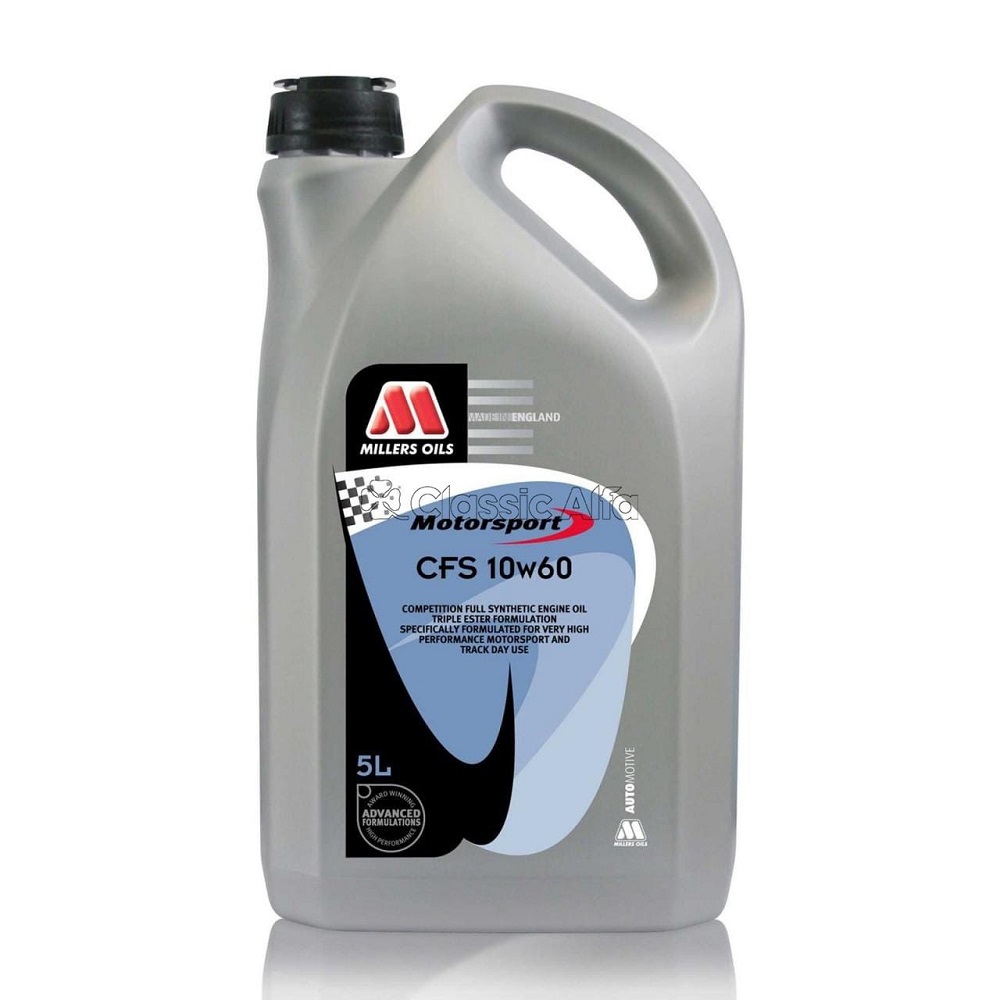
Factors to Consider When Choosing Engine Oil
Choosing the right automotive engine oil requires careful consideration of several factors. These factors ensure optimal engine performance, longevity, and efficiency. Understanding them helps you make informed decisions for your vehicle.
Viscosity Ratings and What They Mean
Viscosity refers to the oil’s thickness and flow characteristics. It determines how well the oil performs under different temperatures. Viscosity ratings are indicated as a combination of two numbers, such as “10W-30.”
The “W” stands for winter, showing the oil’s flow in cold temperatures. The first number indicates how the oil resists flowing in the cold. The second number refers to the oil’s thickness at operating temperatures. Choose oil with viscosity suitable for your climate and driving conditions.
Manufacturer Recommendations
Your vehicle manufacturer specifies the proper engine oil in the owner’s manual. Following their recommendation ensures compatibility with your engine. The advice is based on the vehicle’s design and engine requirements.
Using oil that doesn’t meet the manufacturer’s standards may harm your engine. Check for certifications like API (American Petroleum Institute) or ACEA (European ratings). These ensure the oil meets industry standards for safety and performance.
Driving Conditions and Frequency
Your driving conditions affect the choice of engine oil. Frequent short trips may cause sludge build-up due to incomplete heating. In such cases, synthetic oil with better cleaning properties may be preferable.
For extreme driving, such as towing or high-speed driving, choose high-quality oil offering extra protection. Long distances under normal conditions may be suited to conventional or blended oils.
Age and Mileage of the Vehicle
Older vehicles with high mileage may need specialized oil. High-mileage engine oil addresses common issues like leaks and wear. Additives in this oil restore engine performance and prolong its life.
For newer engines, use conventional or synthetic oil as per the vehicle’s manual. Matching oil type to your vehicle’s age ensures efficient performance and reduced repairs.
Understanding these factors ensures a responsible choice. Prioritize your vehicle’s needs for smooth, long-lasting engine performance.
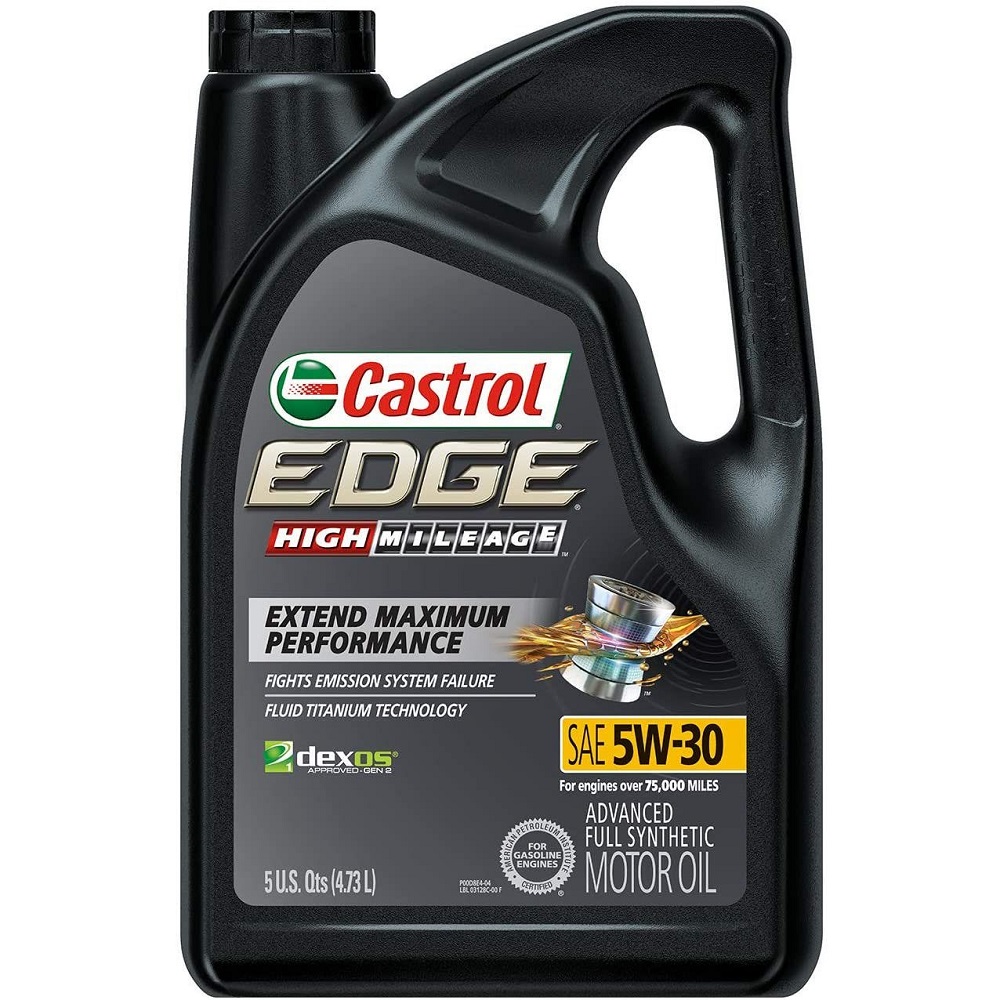
How to Read Engine Oil Labels and Specifications
Understanding engine oil labels is crucial for choosing the right oil for your vehicle. Labels contain vital information about the oil’s performance, specifications, and compatibility.
Viscosity Ratings on the Label
The viscosity rating is displayed as a combination like “10W-30.” It reveals the oil’s thickness at different temperatures. The “W” stands for winter, indicating flow in cold weather. The first number shows cold-flow resistance, the second number indicates thickness at normal temperatures. Choose viscosity based on your climate and driving needs.
Certification Marks to Look For
Check for certification marks like API (American Petroleum Institute) or ACEA (European standards). These symbols confirm the oil meets safety and performance standards. Use oils matching your vehicle manufacturer’s specifications for best results.
Synthetic or Conventional Information
Labels indicate if the oil is synthetic, conventional, blended, or high-mileage. Synthetic oils provide superior protection, while conventional oils are cost-effective. Blended oils combine benefits of both. High-mileage oils are ideal for vehicles with over 75,000 miles.
Additive Details
The label might mention additives like detergents or anti-wear agents. Additives enhance lubrication, prevent sludge, and protect engine parts. Check the label to see how well the oil maintains engine health.
Service Categories
Look for service categories on the label, such as “SN” or “CK-4.” These codes specify the oil’s use in gasoline or diesel engines. Match the service category to your engine type for optimal performance.
Manufacturer Recommendations
The oil label may include phrases like “recommended for VW” or “compatible with Ford engines.” Ensure the oil aligns with your vehicle’s manual for proper compatibility.
Reading these specifications ensures you choose oil that meets your vehicle’s needs. A clear understanding of the label helps maximize your engine’s performance and lifespan.
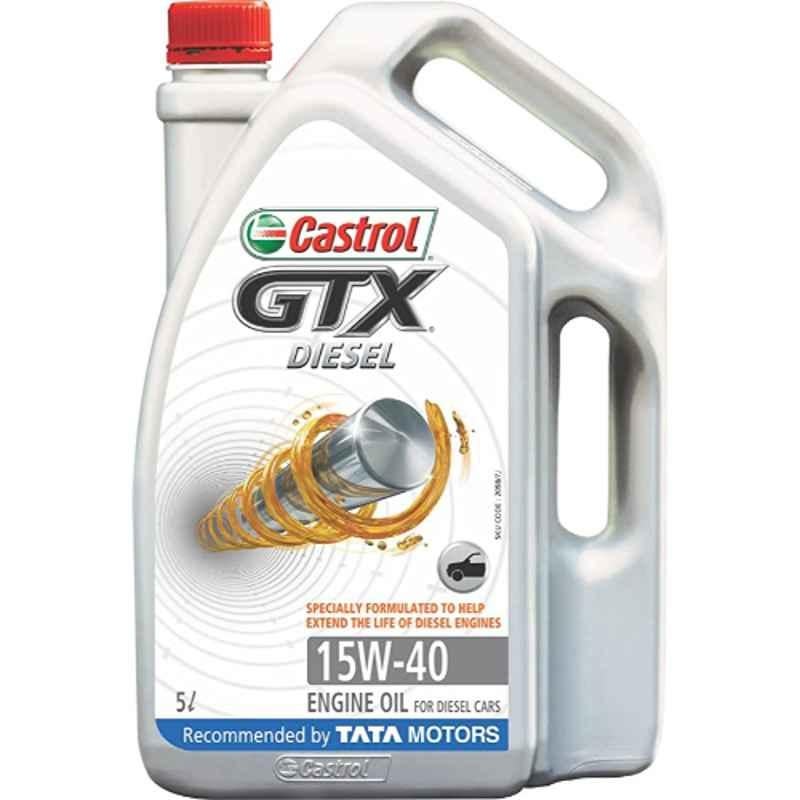
Benefits of Regular Engine Oil Maintenance
Maintaining engine oil plays a critical role in your vehicle’s health and performance. Regularly checking and changing the oil ensures the engine operates smoothly and efficiently. Below are the key benefits of proper engine oil maintenance:
Improved Engine Performance
Clean engine oil reduces friction between moving parts. It ensures smooth operation and better responsiveness. Regularly changing the oil prevents sludge build-up, which can hinder engine efficiency.
Longer Engine Lifespan
Fresh oil minimizes wear and tear on engine components. This protection can extend the engine’s life. Regular oil changes prevent costly damage caused by grime and metal particles.
Enhanced Fuel Efficiency
Well-maintained engine oil reduces strain on the engine. This improves fuel efficiency, saving money on gas. Efficient oil circulation ensures the engine uses less energy to operate.
Preventing Overheating
Oil maintenance helps regulate engine temperature. Clean oil transfers heat away from components, preventing overheating. Dirty oil loses its cooling properties, leading to potential engine damage.
Reduced Repair Costs
Frequent maintenance avoids major engine problems that are expensive to fix. Clean oil keeps parts lubricated, reducing risks of breakdowns. Investing in routine care saves money in the long term.
Environmental Benefits
Maintaining engine oil keeps harmful emissions low. A clean engine burns fuel efficiently, producing fewer pollutants. Proper disposal of used oil also protects the environment.
Regular oil maintenance is essential for every car owner. Check oil levels often and follow the manufacturer’s recommendations for changes. By prioritizing oil care, you ensure your vehicle operates at its best and stays reliable for years.
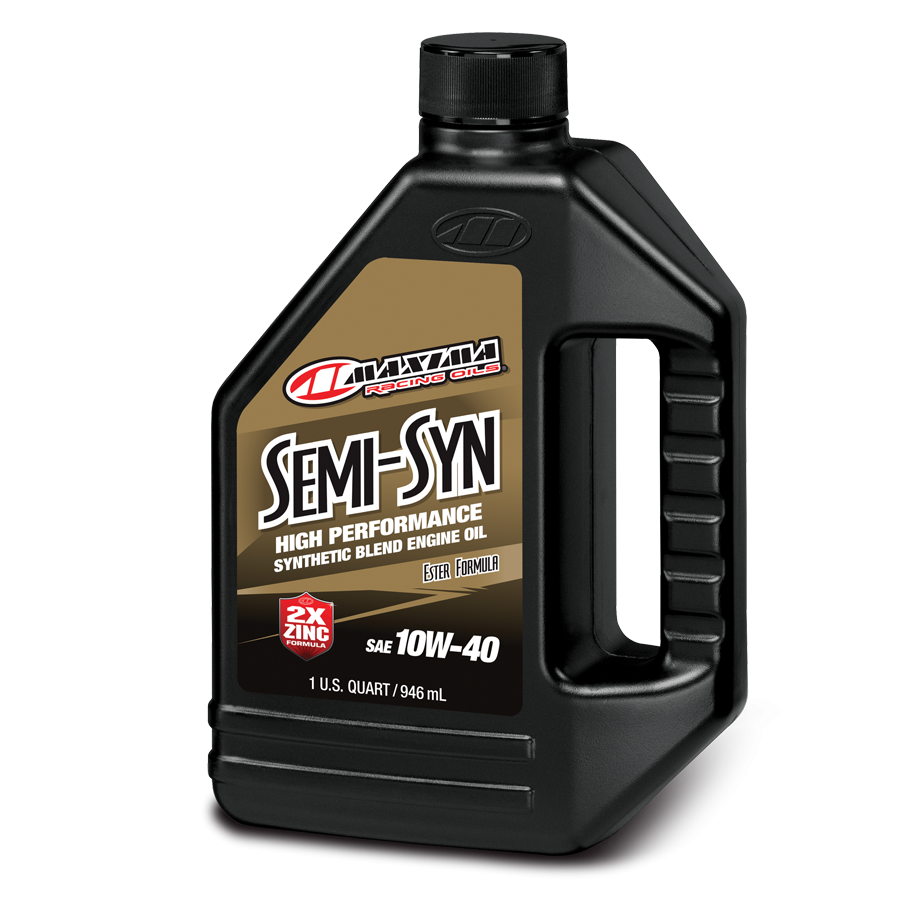
Common Myths About Engine Oil Debunked
Understanding engine oil is important, but myths can cause confusion. Let’s debunk some common misconceptions about automotive engine oil:
Myth 1: You Need to Change Oil Every 3,000 Miles
Many believe oil needs replacement every 3,000 miles. However, modern oils and engines often allow longer intervals. Check your vehicle’s manual for accurate recommendations.
Myth 2: Dark Oil Always Needs Changing
Dark oil doesn’t always mean it’s bad. Some oils darken quickly due to additives or cleaning properties. Always rely on mileage and oil condition when determining if a change is needed.
Myth 3: Synthetic Oil Causes Leaks
Synthetic oil doesn’t cause leaks in a properly maintained engine. It can clean sludge, revealing pre-existing leaks, but it doesn’t create new ones.
Myth 4: Once You Use Synthetic, You Can’t Switch Back
You can switch between synthetic and conventional oils without harming your engine. Just ensure the oils meet your engine’s specifications.
Myth 5: Thicker Oil Improves Performance
Thicker oil isn’t always better. It may hinder proper flow, especially in cold climates. Follow the recommended viscosity for your vehicle.
Myth 6: Additives Are Always Necessary
Most modern oils already include essential additives. Additional products usually aren’t necessary unless specified by the manufacturer.
Myth 7: Engine Oils Are Universal
Not all engine oils are the same. Each has unique properties and is designed for specific engines. Always use oil that meets your vehicle’s requirements.
Myth 8: High-Mileage Oil is Only for Very Old Cars
High-mileage oil isn’t exclusive to old cars. It benefits engines with over 75,000 miles, even if they’re not “old.”
Debunking these myths helps you make better decisions about engine oil. Trust reliable sources, follow your manual, and focus on your engine’s actual needs.
How to Dispose of Used Engine Oil Properly
Proper disposal of used automotive engine oil is critical for environmental protection. Incorrect disposal can harm soil, water, and wildlife. Follow these simple steps to responsibly dispose of used oil:
Collect the Used Engine Oil
- Use a clean, leak-proof container to collect the oil.
- Avoid spills during transfer; use a funnel for accuracy.
- Seal the container tightly after collecting the oil.
Locate a Recycling Facility
- Find a nearby facility that accepts used oil. Many auto shops and recycling centers do.
- Check local government websites for approved disposal locations.
- Avoid dumping the oil; recycling is mandatory by law in many regions.
Transport the Oil Safely
- Transport the sealed container upright to prevent spills.
- Place it in the trunk or a secure area in your vehicle.
Avoid Mixing Oil with Other Substances
- Do not mix used oil with chemicals, paint, or other liquids.
- Contaminated oil cannot be recycled and must be disposed of differently.
Store Used Oil Properly Before Disposal
- Keep the oil in a cool, dry place if immediate recycling isn’t possible.
- Label the container clearly to avoid confusion.
Consider Additional Recycling Options
- Some facilities accept oil filters and other oily materials.
- Ask about programs for bulk disposal if you have large quantities.
Understand Legal Implications
- Know local laws about oil disposal to avoid fines or penalties.
- Illegal dumping can lead to consequences like fines and environmental damage.
Properly disposing of used engine oil protects the environment and ensures compliance with laws. Prioritize recycling whenever possible to contribute to sustainability.
Making the Right Choice
Finding the Right Engine Oil
Choosing the right engine oil is a vital part of vehicle maintenance. With numerous options on the market, understanding the differences between oils, specifications, and your vehicle’s requirements can make the decision-making process easier. Taking the time to research and evaluate your options allows you to select a product that aligns with your driving needs and vehicle specifications. Prioritizing quality and performance ensures that you are making an informed choice.
Embracing Consistent Maintenance
Regular maintenance, including timely oil changes and filter replacements, is essential for overall vehicle performance. Sticking to a routine will yield long-term benefits and can save you money on costly repairs down the road. By being proactive with maintenance, you can enjoy a smoother, more efficient riding experience.
Enjoy the Ride
Ultimately, investing in quality automotive engine oil enables you to enjoy the ride while ensuring the longevity of your vehicle. Your commitment to making informed choices about oil products will translate into improved performance and peace of mind on the road. The journey ahead will be more enjoyable with a well-maintained engine, allowing you to focus on the experience of driving without concerns about your vehicle’s health.
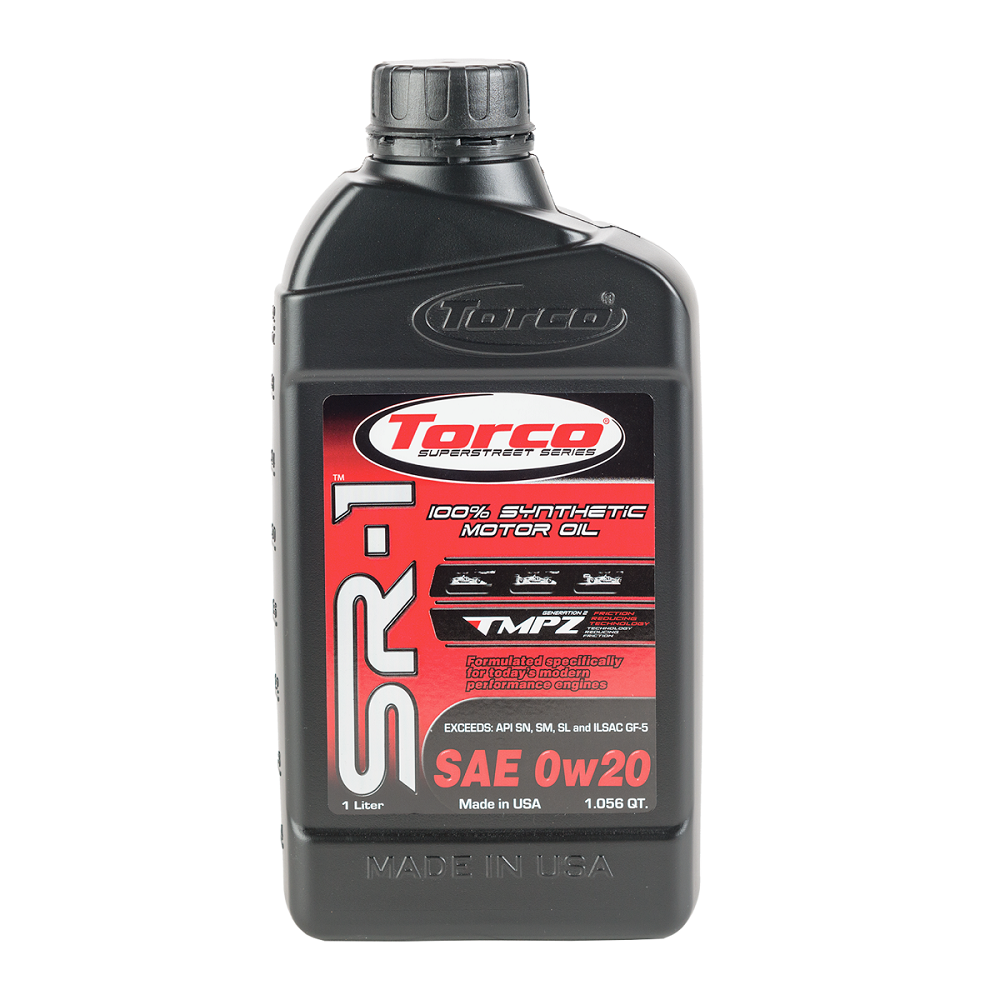
Leave a Reply